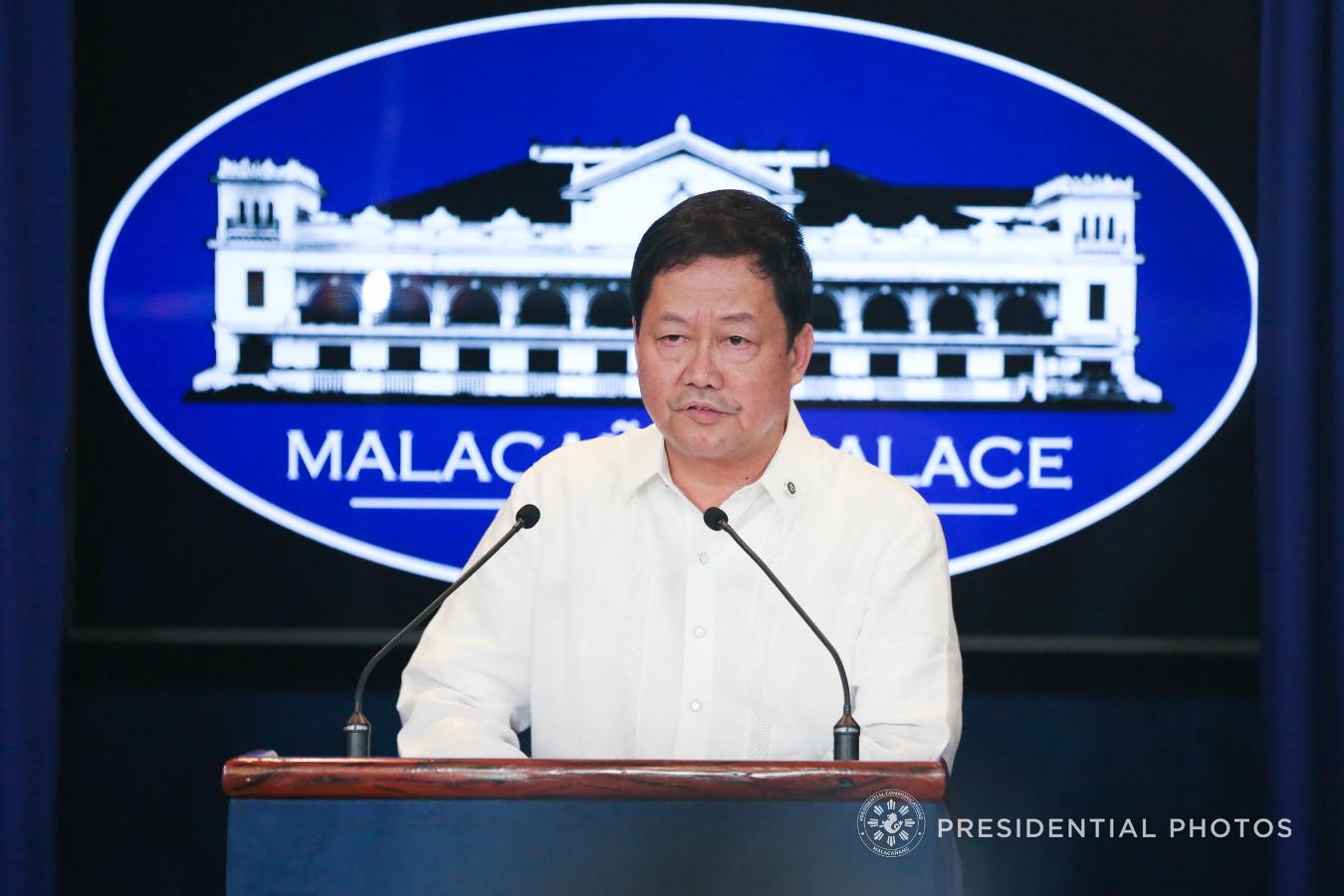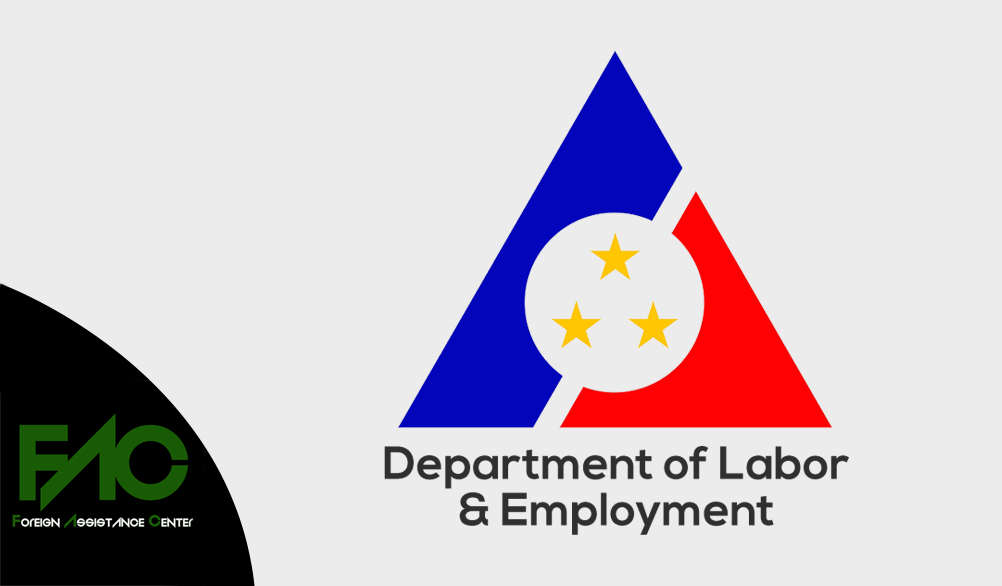Safe Streets and Public Spaces Act
 Lambasted on multiple occasions over lewd jokes directed at women, President Duterte will be the first to obey the recently signed “Bawal Bastos” law, which imposes stiffer penalties on gender-based sexual attacks, Malacañang said yesterday. Presidential spokesman Salvador Panelo said Republic Act 11313 or the Safe Streets and Public Spaces Act demonstrated how Duterte recognized the need to prevent gender-based sexual harassment. “Since the President signed that law, it means that he recognizes the need [for] that law. And since he is the chief enforcer of all laws of the Philippines, he will be the first one to obey the law,” Panelo said. When Duterte cracks lewd jokes, he is not being obscene, Panelo said, and that the jokes are meant to entertain his audience and not to offend. “First of all, you’ve assumed that the President is bastos (lewd), naging bastos (that he was ever lewd). He never was bastos. When he cracks jokes, it was intended to make people laugh, never to offend,” Panelo said. “If you will just listen to the jokes of the President talagang matatawa ka eh, matatawa ka (it will really make you laugh). Audience … ‘di ba, they give a hearty laughter. Hindi naman bastos (it’s not lewd),” the Palace official said.
Lambasted on multiple occasions over lewd jokes directed at women, President Duterte will be the first to obey the recently signed “Bawal Bastos” law, which imposes stiffer penalties on gender-based sexual attacks, Malacañang said yesterday. Presidential spokesman Salvador Panelo said Republic Act 11313 or the Safe Streets and Public Spaces Act demonstrated how Duterte recognized the need to prevent gender-based sexual harassment. “Since the President signed that law, it means that he recognizes the need [for] that law. And since he is the chief enforcer of all laws of the Philippines, he will be the first one to obey the law,” Panelo said. When Duterte cracks lewd jokes, he is not being obscene, Panelo said, and that the jokes are meant to entertain his audience and not to offend. “First of all, you’ve assumed that the President is bastos (lewd), naging bastos (that he was ever lewd). He never was bastos. When he cracks jokes, it was intended to make people laugh, never to offend,” Panelo said. “If you will just listen to the jokes of the President talagang matatawa ka eh, matatawa ka (it will really make you laugh). Audience … ‘di ba, they give a hearty laughter. Hindi naman bastos (it’s not lewd),” the Palace official said.


 THE Bureau of Internal Revenue (BIR) will start to collect taxes this month from foreign workers employed by Philippine Offshore Gaming Operators (POGOs), Finance Secretary Carlos G. Dominguez III said. “I talked to the BIR end of last week and they said they are already in position to start collections from foreign workers in the POGO industry,” Mr. Dominguez told reporters in Pasay City on Monday. “BIR said they will start making the collections in July,” Mr. Dominguez added. He noted that the government foregoes revenue of about P2 billion a month for every 100,000 foreign workers that do not pay tax, amounting to P24 billion a year. Earlier, the BIR said that foreign nationals and non-residents planning to work in the Philippines should obtain a Taxpayer Identification Number (TIN) before securing a work permit. “Calls have been made for a public inquiry into the proliferation of foreign workers in the country,” the bureau has said.
THE Bureau of Internal Revenue (BIR) will start to collect taxes this month from foreign workers employed by Philippine Offshore Gaming Operators (POGOs), Finance Secretary Carlos G. Dominguez III said. “I talked to the BIR end of last week and they said they are already in position to start collections from foreign workers in the POGO industry,” Mr. Dominguez told reporters in Pasay City on Monday. “BIR said they will start making the collections in July,” Mr. Dominguez added. He noted that the government foregoes revenue of about P2 billion a month for every 100,000 foreign workers that do not pay tax, amounting to P24 billion a year. Earlier, the BIR said that foreign nationals and non-residents planning to work in the Philippines should obtain a Taxpayer Identification Number (TIN) before securing a work permit. “Calls have been made for a public inquiry into the proliferation of foreign workers in the country,” the bureau has said. Gov’t tightens rules on issuance of work permits for foreigners. Guidelines tightening rules in regulating the issuance of work permits for foreign nationals have been jointly approved by various government agencies, Department of Justice (DOJ) announced on Labor Day. Justice Secretary Menardo Guevarra, Department of Labor and Employment (DOLE) Secretary Silvestre Bello III, Bureau of Immigration (BI) Commissioner Jaime Morente, and Bureau of Internal Revenue (BIR) Commissioner Caesar Dulay signed the joint guidelines at the Kingsborough International Convention Center in San Fernando, Pampanga. “The Joint Guidelines regulate the issuance of special work permits (SWP), provisional work permits (PWP), and alien employment permits (AEP),” the DOJ said in a statement. The DOJ explained the joint guidelines was drafted “to clarify, among others, the work in which an alien may be allowed, the permits required of them, and address the overlap in the areas of responsibility of the agencies and offices as regards the issuance of those permits.”
Gov’t tightens rules on issuance of work permits for foreigners. Guidelines tightening rules in regulating the issuance of work permits for foreign nationals have been jointly approved by various government agencies, Department of Justice (DOJ) announced on Labor Day. Justice Secretary Menardo Guevarra, Department of Labor and Employment (DOLE) Secretary Silvestre Bello III, Bureau of Immigration (BI) Commissioner Jaime Morente, and Bureau of Internal Revenue (BIR) Commissioner Caesar Dulay signed the joint guidelines at the Kingsborough International Convention Center in San Fernando, Pampanga. “The Joint Guidelines regulate the issuance of special work permits (SWP), provisional work permits (PWP), and alien employment permits (AEP),” the DOJ said in a statement. The DOJ explained the joint guidelines was drafted “to clarify, among others, the work in which an alien may be allowed, the permits required of them, and address the overlap in the areas of responsibility of the agencies and offices as regards the issuance of those permits.”